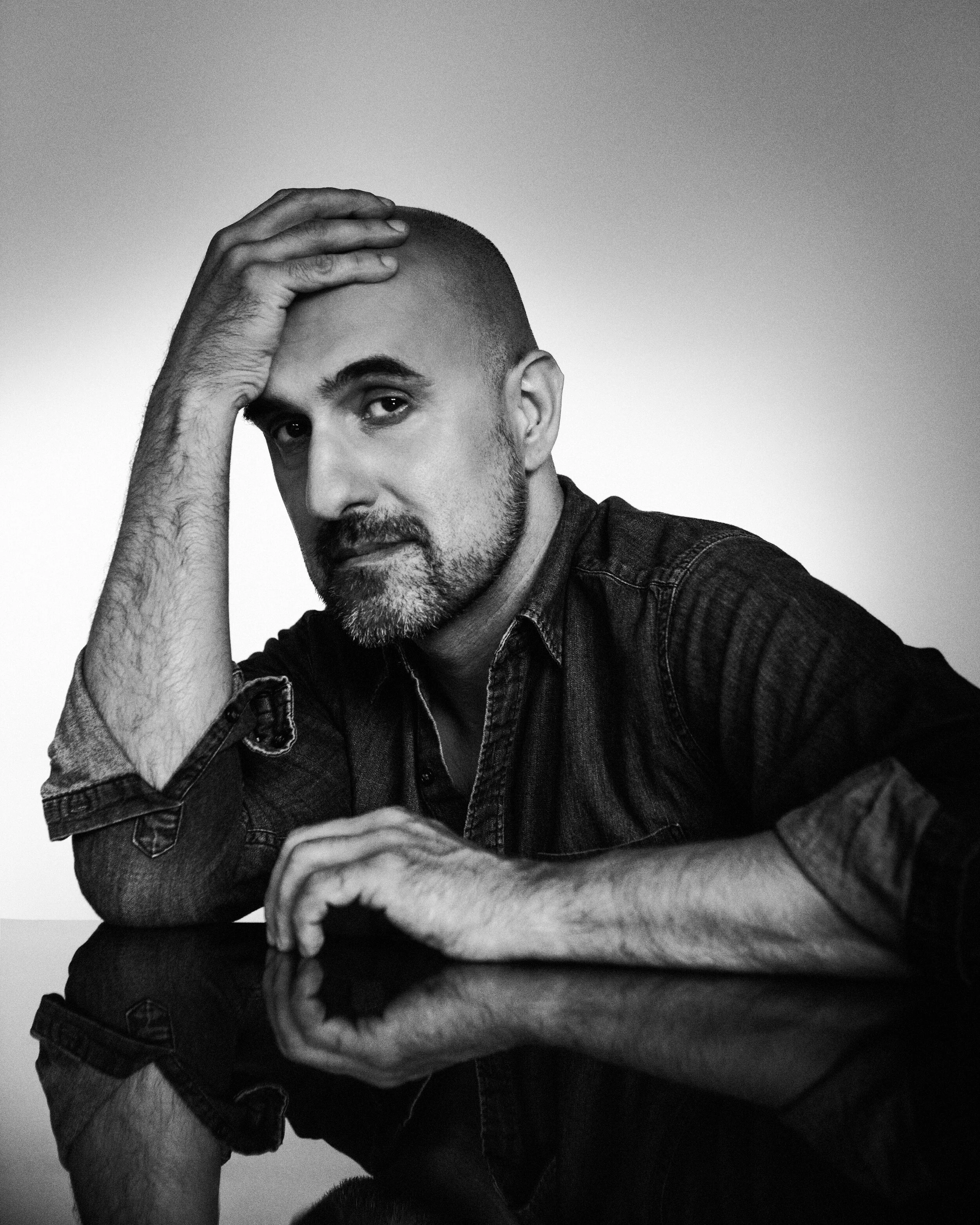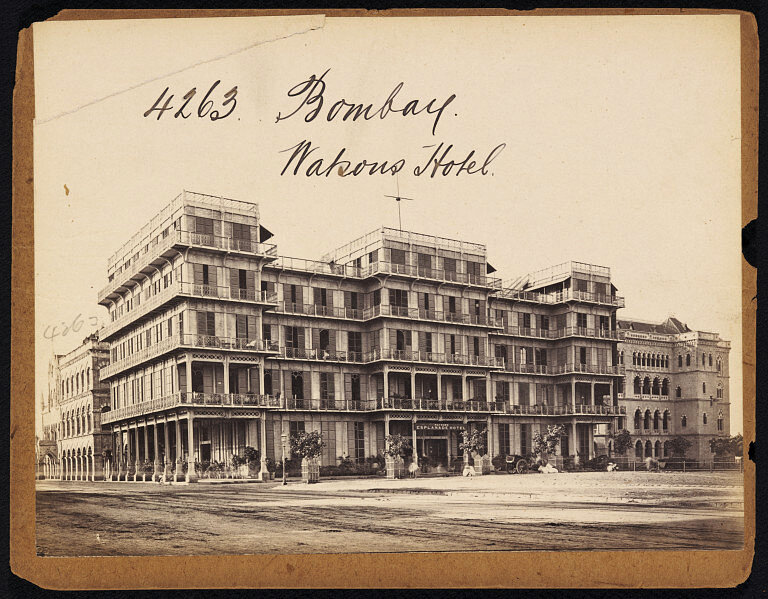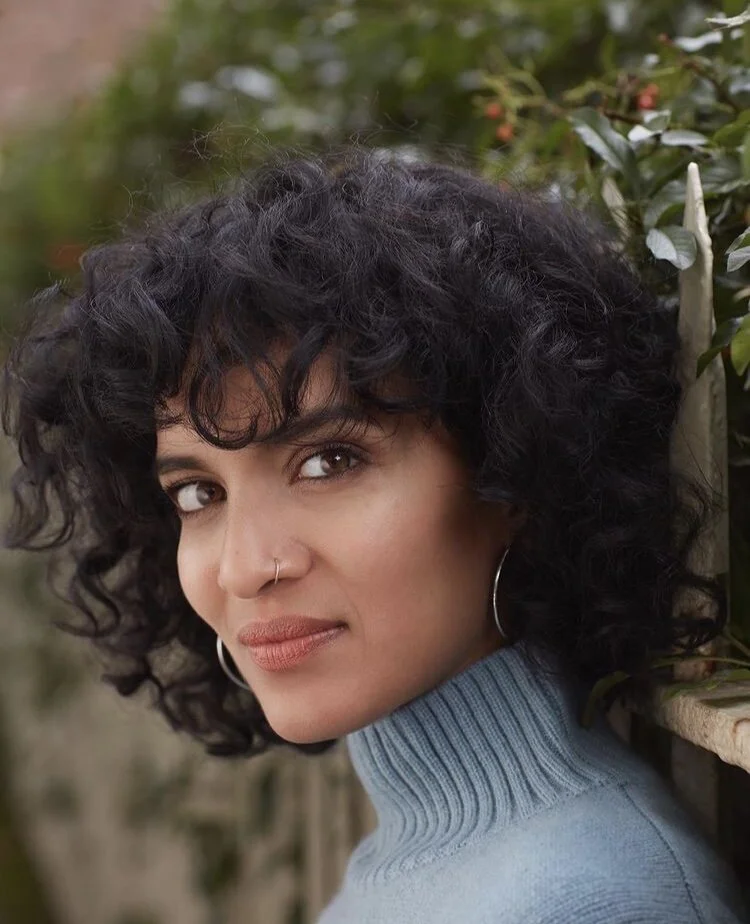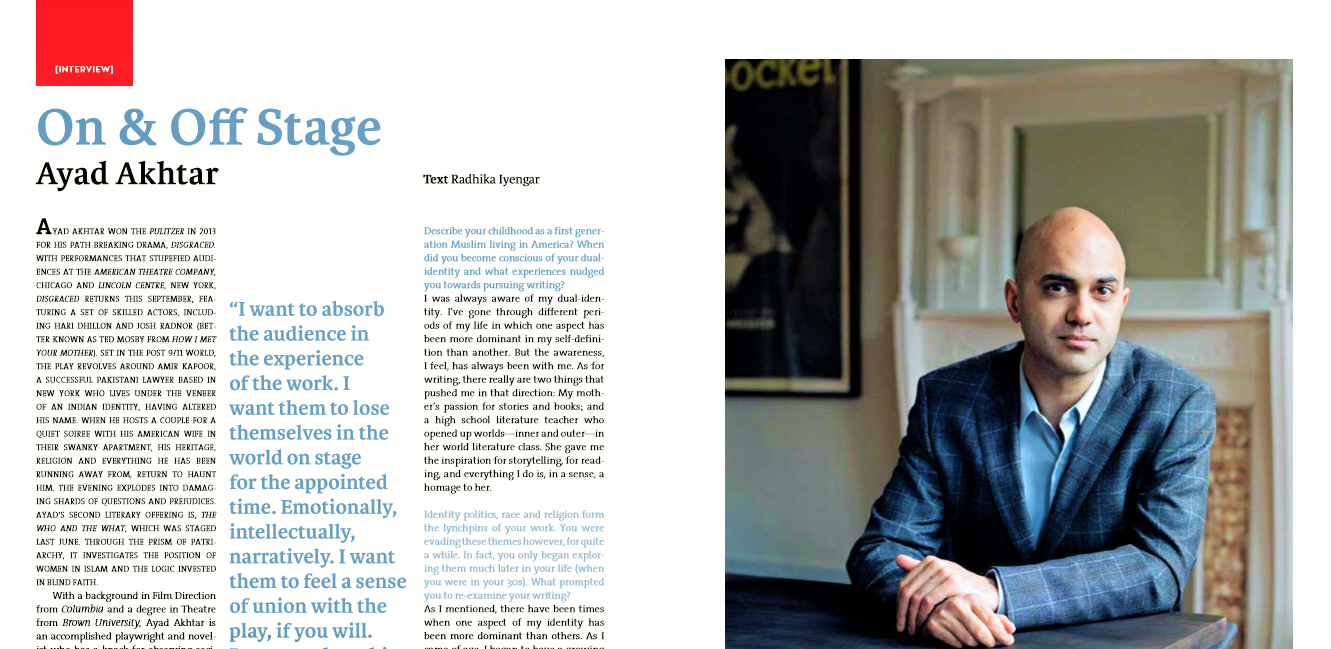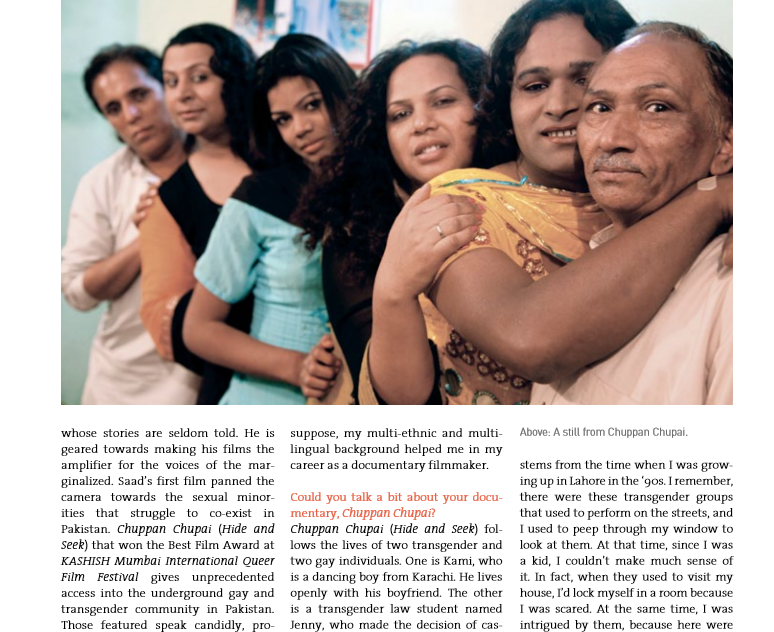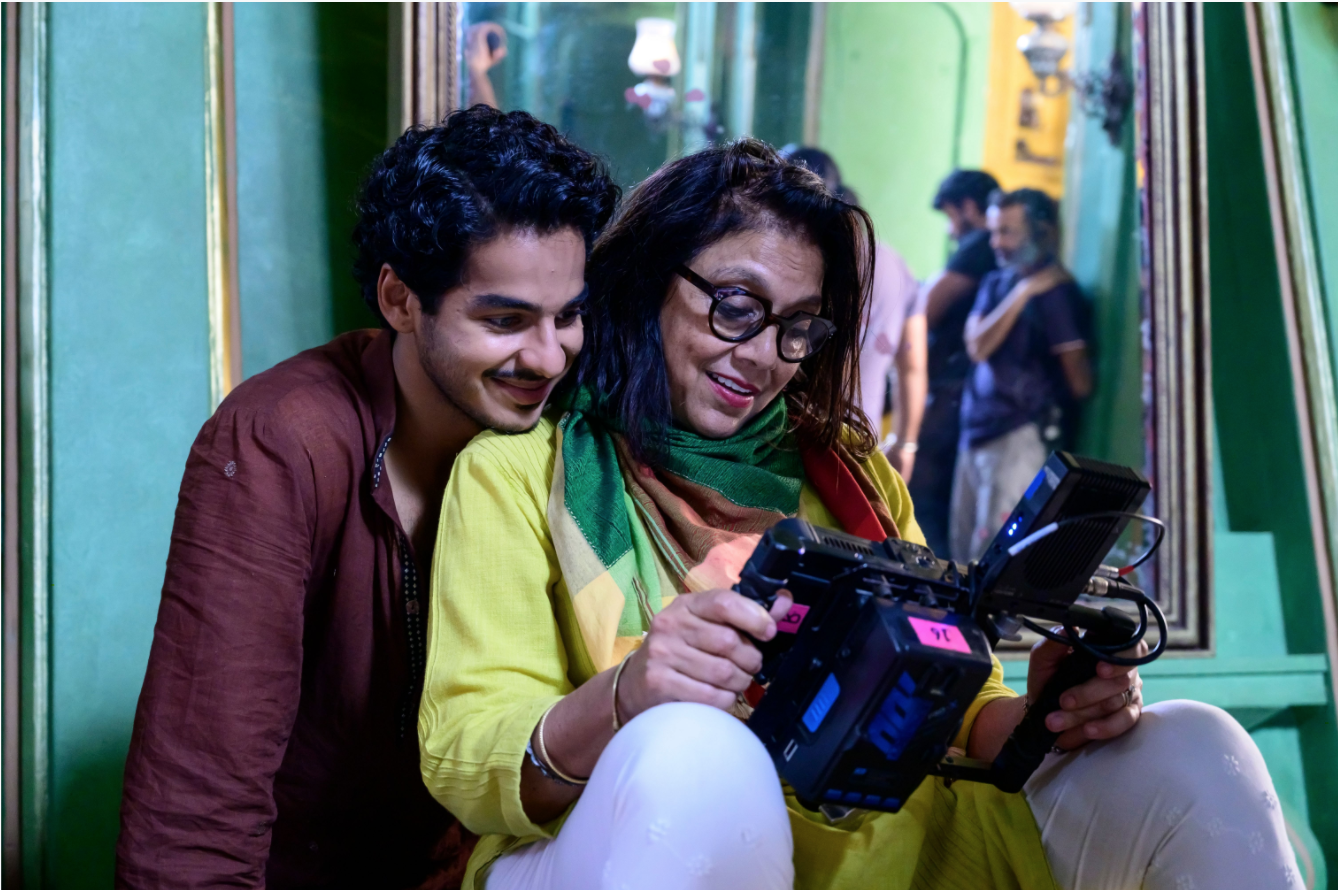Hari Kunzru: On his novel, Red Pill
This interview was originally published in Platform magazine’s November 2020 issue. Cover image by Clayton Cubitt.
At the heart of ‘Red Pill’, lies the experience of a British-Asian man trapped in a mid-life crisis, triggered by a sense of impending doom. It is the year 2016 and the world is witnessing a radical socio-political transformation. The U.S. Presidential election is only a few months away. The status quo of normalcy is rudely being elbowed out by a new-fangled world order.
Hari Kunzru’s novel is immensely layered, packed with themes of State surveil- lance and privacy, racism and feverish paranoia, the far-right intellectual milieu online and fleetingly, about the refugee crisis. However, it also powerfully explores the emotional arc of what it means to be a man providing for and protecting his family, trying to live up to the inflated expectations of masculinity in the 21st century.
The novel is primarily set in suburban Berlin, Germany, where the unnamed narrator, a Brooklyn-based ‘independent scholar’, attends a three-month writers’ residency at the Deuter Centre in Wannsee. “Berlin is really a city of ghosts,” explains Kunzru. “It’s a city where you can’t escape the spectres of its fevered past. The book has allusions to the Nazi regime’s Final Solution and an autonomous section dedicated to East Germany during the Cold War.”
Kunzru uses that fertile history to stir readers to reflect deeply on the current circumstances. “I’ve used the past to illuminate questions in the present,” he explains. His novel, therefore, is a literary red pill; an attempt to knock down the saccharine mirage of complacency in which we are all living.
Kunzru talks about his latest literary offering. Edited excerpts:
How did the idea for ‘Red Pill’ come about?
I took my family to live in Berlin for six months, because I had a fellowship at an institution called the American Academy in Berlin, which is on the shores of Lake Wannsee. It’s in an old villa that invites scholars, artists and writers and you live together in this community for quite a long time and you eat meals together. What I did was that I invented the institution, Deuter Centre that had the same physical location along the lake, but otherwise has nothing to do with the American Academy.
I was in Berlin just at the end of 2015 and first half of 2016 and I was thinking in a very anxious way about the future and about the larger, socio-political changes that were going on in the world. Then I began to think about the history of Berlin. Of course, Berlin’s history involves the Nazis and it involves communism. The Germans have a very strong sense of privacy and they have a very strong sense that the individual has to resist some state power. So, all these things were roiling around in my head. The idea of having my narrator go o to Berlin to think about his life and his relationship with his family...that was the start of it.
The narrator is quite an unlikeable and unreliable character. He’s someone who walks while always looking over his shoulder, he lives sloppily and even abandons his wife and child. Is he a patchwork of people whom you’ve met?
In many ways, he is a worse version of me. It’s a book about mid-life crisis. Most men’s stories about mid-life crisis involve some sort of sexual straying. It’s all about, ‘Oh, I am unhappy in my marriage, so I am going to have an affair and maybe that will change things’. However, I wanted to write about a crisis, which happens to a man who really loves his wife and child. He never stops loving them, but he feels that in some way he has let them down, just by existing.
That’s the core of what he feels is wrong with him and he unravels as the book goes on. He’s carrying this shameful feeling that, in some ways, he’s not up to the job. That his wife will one day realise, ‘Oh, he can’t protect us, he can’t help us. He’s not going to be a man’ — in the traditional sense. So, that was another thing that interested me: how does a situation like this play out, if it’s not orientated around the clichéd story of sexual infidelity?
I say this because there are other kinds of crises where men feel they’ve failed. It’s really a book about masculinity and given how many men write books, it’s peculiarly limited how often they discuss their anxieties or fears.
“There is a writer called Nassim Nicholas Taleb who talks about the Black Swan event, which is the unexpected event that destroys all your predictions of the future. I think we are at a moment where all sorts of things, which once seemed unreasonable and impossible and were the products of paranoid fantasy, are now in full flight.”
Monika’s story is fascinating. As a teenage punk living in East Berlin during the 1980s, she was strong-armed into becoming a Stasi informer. How did her character come about?
Berlin is really a city of ghosts. You cannot not be aware of its past. As you walk in the city, you realise that there are holes in the buildings made by fifty-calibre shell bullets from 1945. You look down at the sidewalk under your feet and there is an artist who has a project called Stolperstein (Stumbling Stones) where he set little square-shaped brass plates into the sidewalks, each bearing the name of a Jew who was taken from that address. The project commemorates them. Also, in terms of Berlin’s geography, you can still feel presence of the wall, even though it’s no longer there.
While I was living in Berlin, I was getting more and more interested about questions of privacy, about the individual and the State power. I started reading about the Stasi and how they monitored and surveyed artists and creative people in East Germany. I thought I might write something about an artist or a poet – somebody who was close to the kind of work that I do. And then, I started reading about what happened to the punks in East Germany. These were really young people, teenagers most of them and yet the State considered them to be a serious threat. The more I read about them, the more I became fascinated by their world.
I wanted a story that was kind of a wedge into the main story – like a free-standing novella inside the novel. So, I wanted Monika’s experience to be a comment on the narrator’s experience, because she’s gone through so much more. You learn that she’s been very traumatised by what has happened to her. So, that was the relationship between her story and the narrator’s story.
You did this because you were interested in drawing parallels between the past and the present?
Yes, absolutely. It’s something that I’ve done in a lot of my fiction. I’ve used the past to illuminate questions in the present. As a fiction writer, I like imagining my way into these alternative systems. It’s a very interesting exercise for me to imagine how I might have behaved if I was living under a particular kind of regime. What would be the actual pressures? What would be the actual decisions that I’d make?
Read the full interview with the distinguished author, Hari Kunzru in Platform magazine’s November 2020 issue.
